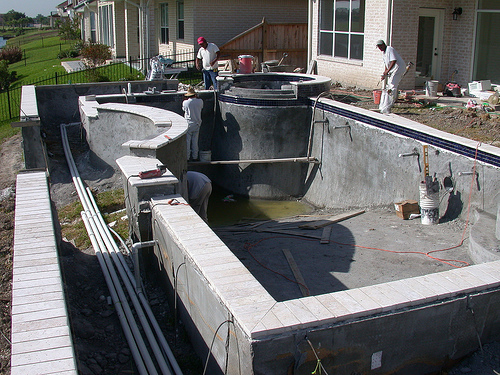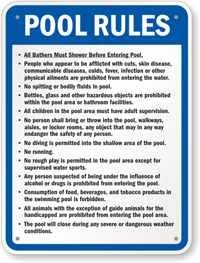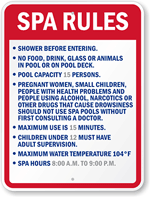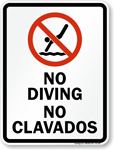Installing a pool: 7 steps to hiring the right builder
In part 1 of this series on installing a new pool, we looked at the different types of pools. Once you’ve decided that, you have to make what’s probably the most important decision of pool installation: Who’s going to build it? Having an educated answer to that question can be the difference between enjoying your backyard pool this summer, or staring at an unfinished hole in the ground and being bilked out of thousands. This case out of Arkansas is a good example of how shady pool builders prey on gullible homeowners every year.

Pools might increase the value of your property, but still, the costs involved range from high to eyewatering. Follow these 7 steps to make sure you don’t have sorrows to drown. From Bill Jacobus.
Even if the builder is on the up and up, the pool will only be as good as the person who built or installed it. Depending where you live, it can be difficult to make sure you’re hiring someone you can trust on both counts. Unlike most other builders, pool builders are not required to be licensed professionals in all states. (I’m looking at you, Texas!) Even if they are licensed, that doesn’t always guarantee you’ll get the best builder for you money.
Keep in mind that when you’re hiring a pool builder, you’re really hiring a foreman. The builder oversees the construction process and the many subcontractors who actually build the pool from plumbers, to guniters (depending on the type of pool) to electricians. If your builder isn’t capable of managing all these workers, it can quickly lead to trouble.
What’s a person to do? The Better Business Bureau is not a bad place to start, and the organization offers a good overview of considerations. Here are seven more steps to make sure you hire someone to build that pool of your dreams:
1. Get at least three bids. A pool is a major investment. Getting more than one bid will give you an opportunity to compare builders not just on price but also on other intangibles, such as how comfortable you are working with the builder. Also consider whether they are members of the Better Business Bureau and the Association of Pool & Spa Professionals, which writes pool construction standards and certifies builders.
2. Don’t go by budget alone. Yes, everyone has a budget, and it’s reasonable to stay within a prescribed budget. But getting seduced by a builder whose bid comes in dramatically lower than other builders is a common mistake. As with all things in life, you get what you pay for.
3. Find out how long they’ve been in business. This is one of the many questions you should ask before hiring a builder. It’s recommended the builder tells you how long they’ve been in business under the current name and current owners. Unscrupulous builders often change the name of the business when they get into financial trouble, or go bankrupt. They may have left dozens of unfinished pools in their wake. Don’t be afraid to ask straight out: Have you declared bankruptcy or gone out of business before?
4. Ask for a lot of references. Reputable builders should be able to give you 50 to 100 names of people they’ve built pools for, and who are happy with the work that’s been done. If the builder can’t supply that many names, you may not want to work with them. Also, get names and addresses of client’s who have had special features (we’ll get to those in part 3) similar to the ones you want. Ask if the features work as expected, and how it was working with the builder on them.
5. Ensure the builder has worker’s compensation and construction liability insurance.Workers’ Compensation insurance protects you from having to pay for the subcontractor’s lost wages. Construction liability protects you from lawsuits and other liabilities related to the work and workers. Questionable builders may have neither of these policies, and put you at risk. Qualified builders should have both.
6. Make sure you understand the terms of the contract. It’s difficult to know what builders will find when they start to dig. There could be unexpected rock, utilities or other surprises. Make sure you’re clear about how these uncertainties will be handled and that it is clearly enumerated in the contract.
7. Require lien waivers from vendors and subcontractors. A lien waiver is a receipt showing that funds have been paid to a supplier or subcontractor, and that they have no lien rights against your home. Without these waivers, you could be held responsible for unpaid subcontractor work if a builder skips out on you. When your pool is complete, you should have lien waivers from all vendors and subcontractors.
Category: Pools











